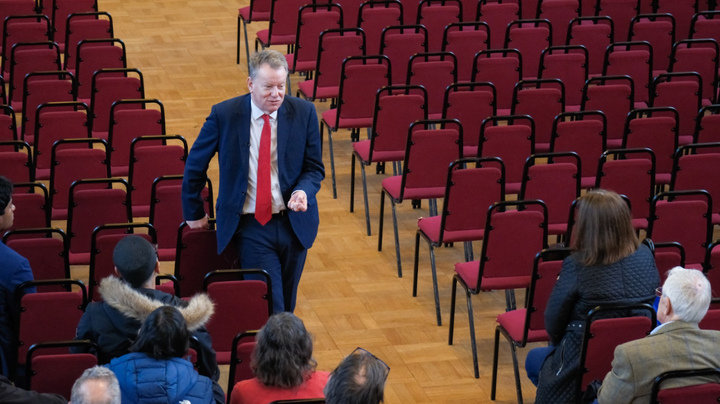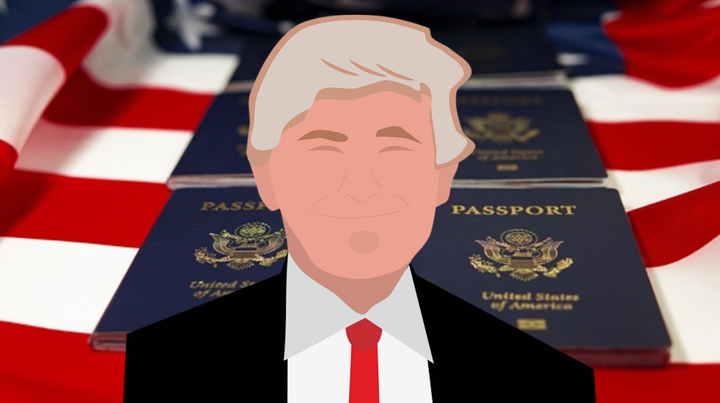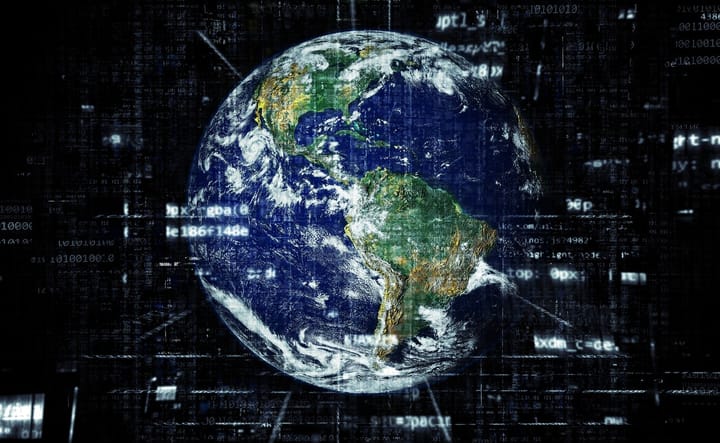The Perspective #06: Summer24

Pensioners Panic over their future under Keir
Shay Patel
Starmer’s Chancellor, Rachel Reeves, announced the Labour Party’s latest economic policy in order to try and patch up the claimed £22 billion black hole in the UK’s finances. Labour has announced the removal of Winter Fuel Payments for over 10 million pensioners. The Winter Fuel Payments were introduced in order to help millions of pensioners with their energy and heating bills over the winter months; but now, this policy is to be means-tested. Only those on benefits and the state pension will now receive this financial support. The policy has proved highly unpopular with the vast majority of the British public, and, ironically, Labour has repeatedly attacked parties proposing to end the Winter Fuel allowance when in opposition. Maybe if this policy was in the Labour Party’s manifesto, the reaction to it may not have been so bitter, as people would have known about this plan when casting their votes on the 4th of July.
Can Harris Make America Great Again?
Juliette Hussey
Despite insistence in the preceding weeks that he would remain in the running for the presidential election, Joe Biden made history this summer by dropping out of the running so close to the oncoming election. This announcement of his resignation was delivered via a letter shared on his social media whilst the then-president was recovering from covid 19 at his holiday home in Delaware. Just two weeks later, vice president and former senator for California, Kamala Harris was named as the democrat party’s electoral candidate. Harris has spent her entire career in public service beginning her political endeavours at her local district attorney office. In 2020, Senator Harris even turned her sights towards the presidency, however, failed shortly after when the party nominated Biden as a candidate. Notably, Harris has campaigned in her vice presidency for the expansion of women’s reproductive rights advocating for the restoration of the ruling of Roe vs Wade into US law. Current polls suggest that Trump and Harris remain within a few percentage points of each other despite initial predictions that Harris would be unable to close Trump’s lead on Biden. However, considering the 2016 election there is an emerging possibility that polls consistently underestimate Trump’s enigmatic popularity. As of yet, the next occupant of the Oval Office remains unclear.
Paris 2024: A Fiscal Win or Olympic Overload?
Aditi Prashanth
As the Paris 2024 Olympics draw to a close, the economic debate intensifies. With costs soaring and economic benefits unclear, the Games challenge the notion of whether hosting remains a worthwhile venture for cities. Since the modern Olympics began in 1896, costs have risen rapidly, leading many to question whether the economic returns justify the expenses. Cities like Montreal burdened with a $1.5 billion debt from the 1976 Games that took 30 years to repay, underscore the financial risks. Moreover, a recent Oxford study reveals that hosting costs have tripled since the 1960s, fueling concerns over fiscal sustainability. However, the 1984 Los Angeles Olympics stand out as a rare success story. By leveraging existing infrastructure and negotiating favourable terms, LA turned a $215 million profit. With Paris under the spotlight, the question remains: Will the city achieve financial success or join the long list of hosts burdened by Olympic debt?
China-Canada Trade Rift to Cause Global Trade War?
Krish Chaddha
Canada is set to impose a 100% tariff on the imports of Electric Vehicles (EV) which were made in China. The rationale being that Canada believes the Chinese state is excessively encouraging and subsidising its EV industry so it can offer much lower prices to consumers- to the detriment of the Canadian EV industry. Additionally, there will be a new 25% duty on imports of Chinese steel and aluminium due to the “exceptional threats by Chinese (government) practices”.
As would be expected, China has not taken well to this news, claiming that it “violates World Trade Organisation rules” and “undermines the global economic system”. Soon after, China announced an investigation into the Canola industry, which is critical for the Canadian economy, and could result in tariffs on imports of the good.
Is another Trade War inevitable? The US and EU have already implemented plans for tariffs against Chinese EVs, a decision which has prompted criticism from many European Leaders. We should also consider that the US’s decision comes from Biden (Democrat), meaning we could see an even greater surge in tariffs against Chinese products should Trump regain power.
July 4th - An Election for the History Books
Juliette Hussey
The result of this summer’s election left the Labour Party on 412 seats, awarding current PM Keir Starmer with the largest government majority in 25 years.
In Wales, the Conservative Party received its lowest share of the vote in over a century whilst the most notable conservative losses in England took place in the South-west and Midland areas displaying a sizeable shift in Tory support.
Whilst it’s not uncommon for a significant decline in popularity to occur after as long as 14 years in power, the sheer number of labour seats picked up is largely unprecedented. However, within their first months of power, Labour Party opinion ratings have dropped massively suggesting Starmer’s landslide victory was more indicative of a desire for change than the party’s own appeal
A World on Edge: The Israel-Gaza War’s Ripple Effect on Global Resources
Aditi Prashanth
The ongoing Israel-Gaza conflict is placing a significant strain on global resources, affecting economies, humanitarian efforts and energy markets worldwide. As the war escalates, international governments are directing billions of dollars towards military aid, reconstruction and relief efforts, diverting funds from other global issues such as poverty alleviation, climate change, and public health services. One major area impacted is energy. Rising tensions in the Middle East have increased volatility in oil prices, driving up costs for countries dependent on imports. This further exacerbates inflation, which is already troubling economies worldwide. The war is also stretching humanitarian resources to the limit. Organisations like the United Nations and the Red Cross are struggling to provide food, medical supplies, and shelter to the millions displaced by the conflict. Meanwhile, donor fatigue from previous global crises, such as the COVID-19 pandemic and natural disasters, has made it difficult to sustain relief efforts. As global powers get drawn into diplomatic efforts, the international community faces the challenge of balancing this conflict with other pressing global needs.




Comments ()